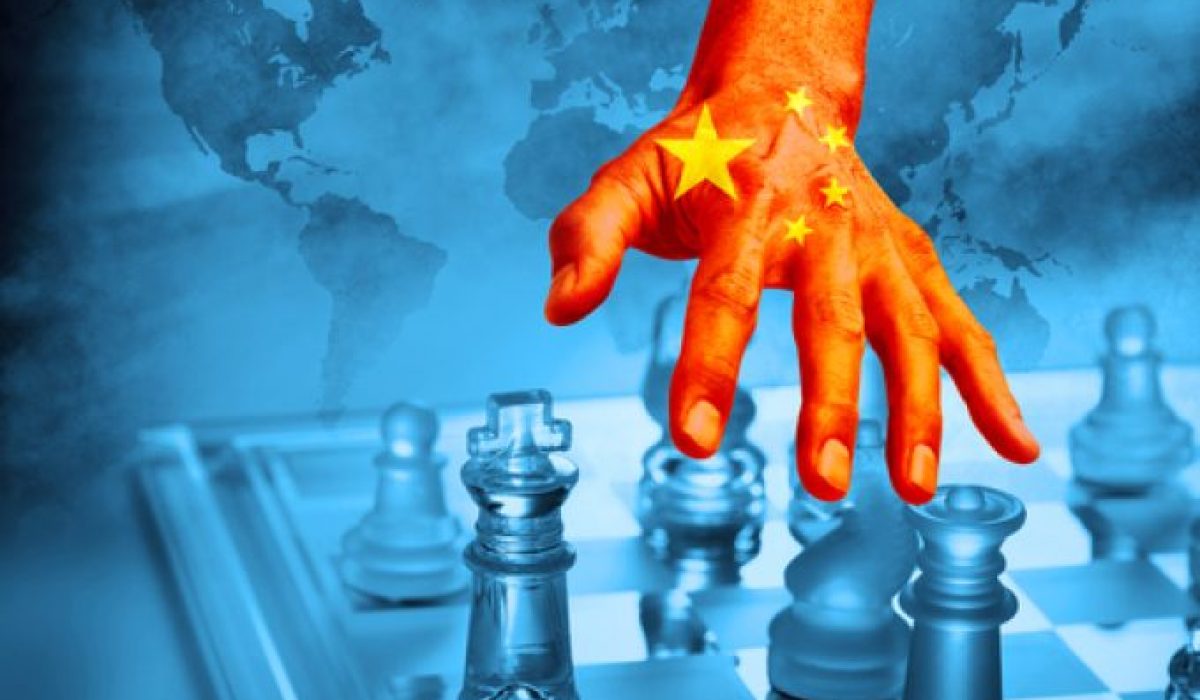Donald Trump’s use of tariffs for leverage and ‘deal-making’ was proven yesterday when those to be imposed on Canada and Mexico today were postponed following security pledges from the US’s two neighbours.
China, however, retaliated with a broad package of its own measures after 10% was added to tariffs on Chinese imports.
The $800 de minimis exemption is also suspended, which is expected to severely hit ecommerce traffic. The US Customs & Border Protection agencyhas outlined the full rules here.
China’s ministry of finance has set a tariff of 15% on coal and LNG, and 10% on crude oil, agricultural machinery, large-displacement cars, and pick-up trucks from the US, starting 10 February.
It also announced new export controls, effective immediately, on about 25 metal products and related technologies, including industrial and defence materials, such as tungsten and tellurium for solar cells, and singled out two US firms, biotech specialist Illumina and fashion retailer PVH Group, claiming they “violated normal market trading principles”. It is also investigating Google for “anti-competitive practices”.
Analysts believe these are light measures, designed to “send a message”, targeting just £20bn in trade as opposed to the $450bn targeted by the US. China has, meanwhile, filed a complaint about the US tariffs with the WTO.
Canada and Mexico still face tariffs, but in a call with Mr Trump, Canada’s outgoing prime minister, Justin Trudeau, promised to implement a C$1.3bn (US$900m) border plan, according to Mr Trump.
In a social media post, Mr Trump said the Canadians would be “reinforcing the border with new choppers, technology and personnel, enhanced coordination with our American partners, and increased resources to stop the flow of fentanyl”.
He added: “Nearly 10,000 frontline personnel are, and will be, working on protecting the border. In addition, Canada is making new commitments to appoint a ‘fentanyl czar’.
“We will list cartels as terrorists, ensure 24/7 eyes on the border, and launch a Canada-US joint strike force to combat organised crime, fentanyl, and money laundering. I have also signed a new intelligence directive on organised crime and fentanyl, and we will be backing it with $200m.”
As a result of this discussion, the US will pause tariffs for 30 days, “to see whether or not a final economic deal with Canada can be structured”, noted Mr Trump.
There was a similar outcome over tariffs on Mexican goods. Mr Trump noted that its southern neighbour would have 10,000 soldiers patrolling the border to stop the flow of fentanyl and immigrants.
He said: “We agreed to immediately pause the anticipated tariffs for a one-month period, during which we will have negotiations headed by secretary of state Marco Rubio, secretary of treasury Scott Bessent, and secretary of commerce Howard Lutnick, and high-level representatives of Mexico. I look forward to participating in those negotiations, with President Sheinbaum, as we attempt to achieve a “deal” between our two countries.”
The US already has a deal with both Mexico and Canada: the Trump administration-negotiated USMCA, which lawyers for all three countries will no doubt be carefully re-reading.


